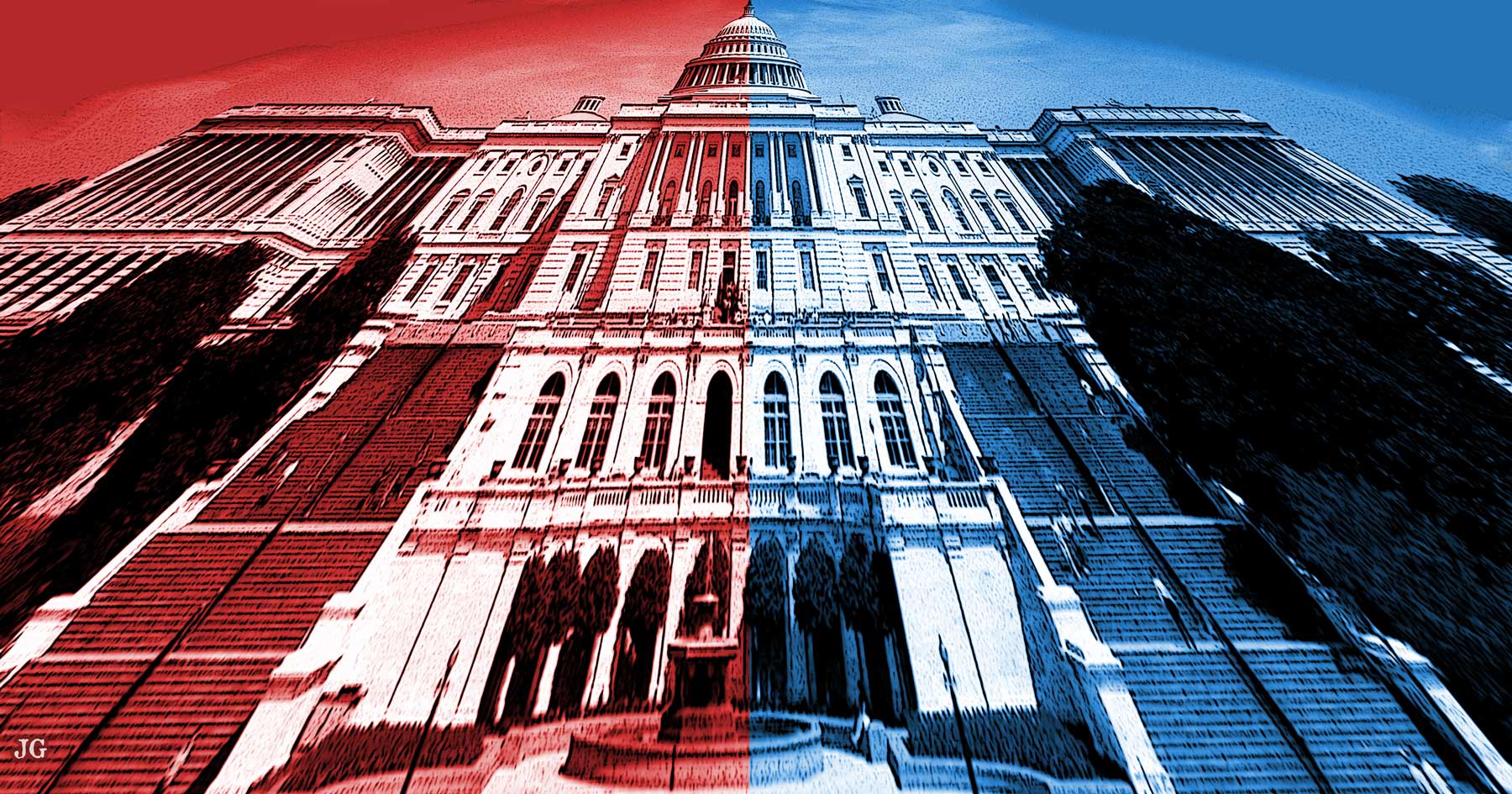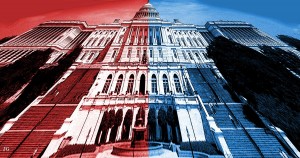The federal government “shutdown” — now on reprieve — has been and continues to be a rather strange charade. Various political players make motions towards one another, and we, the people, are supposed to guess the real meaning.
Which is usually conceived as
- All about President Trump’s “Wall”;
- All about the Pelosi-Schumer commitment to never letting Trump get away with his Evil Agenda; or
- The great huge, honking divide in America that grows every day.
I suspect it is about all these things and more — which is easy to say, since these three issues are intimately related.
And as if playing a subtle joke on us all, the standoff that appears as obstructionism is about a proposed obstruction at the southern border: literally a “Mexican standoff.”
Meanwhile, a different security measure has received attention.
Americans have, rather spontaneously, been taking canned and packaged foods, and even fresh produce, to unpaid but “forced-to-work” TSA agents. A heartwarming story. Sure. But the Transportation Security Agency, cobbled together in the wake of the 9/11 attacks, is spectacularly ineffective, an example of “security theater.” TSA agents repeatedly fail internal tests.
Congress could, of course, take this opportunity to disband this airport security worker agency. If managed by the airlines or any entity but the federal government, TSA wouldn’t have suffered through the shutdown.
Tragically, Congress long ago ceased being functional, responsible, or even the eensiest, teensiest bit respectable. And a divided public stands little chance of forcing a change.
This is Common Sense. I’m Paul Jacob.

—
See all recent commentary
(simplified and organized)






